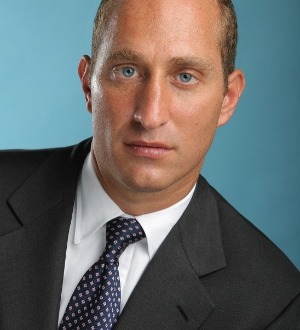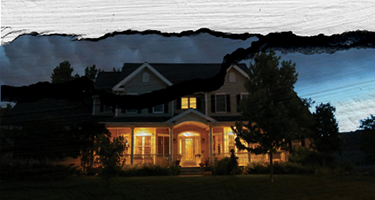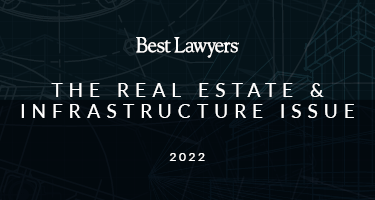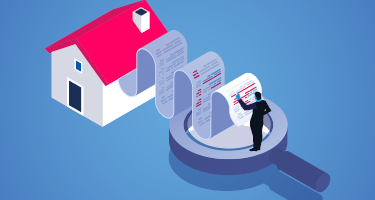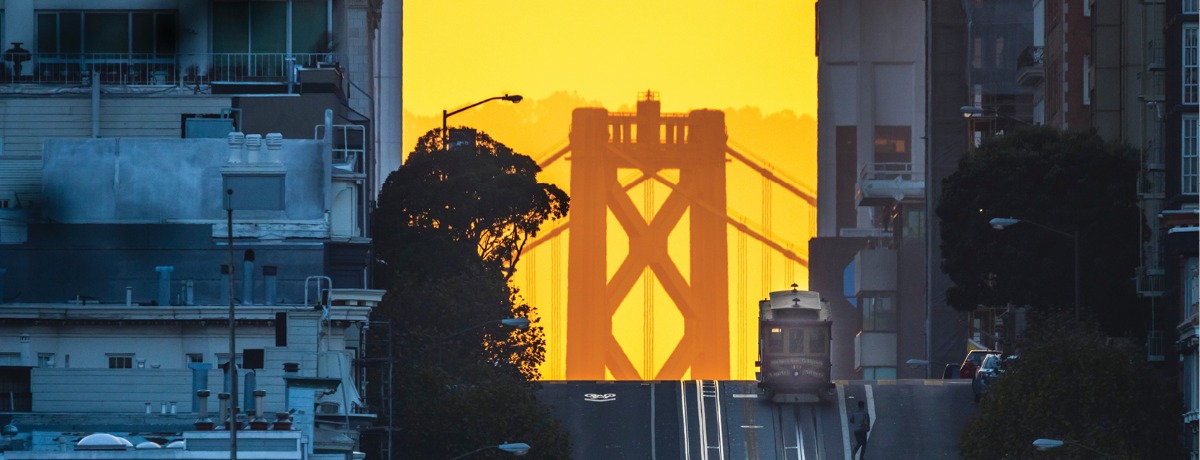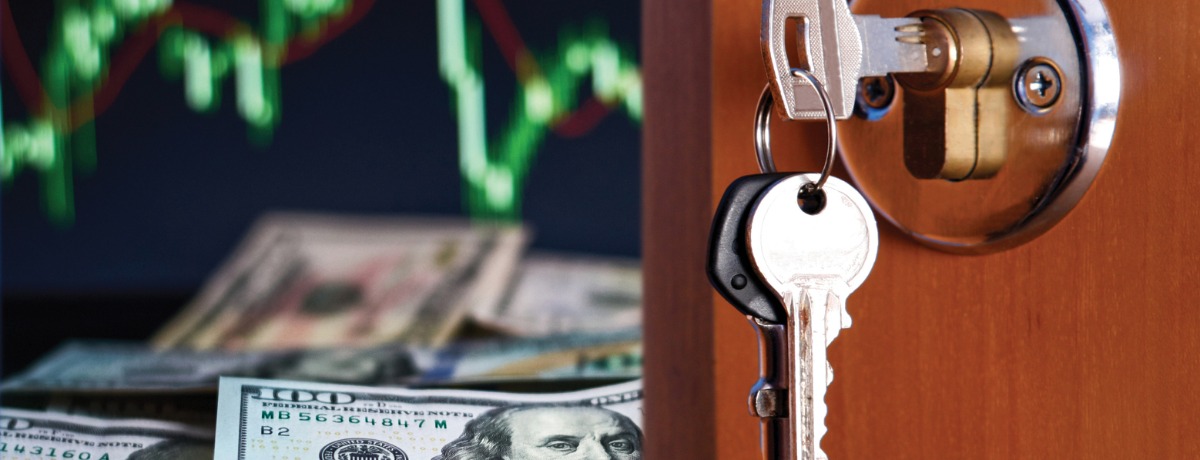On May 27, 2020, the New York City Council enacted Int. 1932/2020 into law, an ordinance that is “in relation to personal liability provisions of leases for commercial tenants impacted by COVID-19.”
As to rent and other financial obligations that arose from March 7, 2020 through September 30, 2020 (“the Covid period”), landlords may never enforce personal guaranties of certain commercial tenants. Under the law, the guarantor is again liable for any rent or other charge defaults arising on or after October 1, 2020. This does not bar landlords from suing guarantors for rent and other financial obligations that arose either before or after the Covid period. A lawsuit that includes such financial obligations from both inside and outside the Covid period would, under this ordinance, be invalid as to the Covid period rents and charges, no matter when the lawsuit is brought.
The economic defaults from which the guarantors are relieved of enforcement include, “utility expenses or taxes owed by the tenant under (the lease or rental agreement), or fees and charges relating to routine building maintenance owed by the tenant under” the lease or rental agreement.
The bar on enforcement of the guaranty is permanent. While some might believe otherwise, the enforcement is not postponed until October 1, 2020. The law’s bill jacket states, “This bill would temporarily prohibit the enforcement of personal liability provisions in commercial leases or rental agreements involving a COVID-19 impacted tenant.” However the phrase “temporarily prohibit the enforcement” is false. The prohibition on enforcement set forth in the law is unlimited and therefore permanent.
However the law is limited to very few categories of commercial businesses. The law only applies to commercial leases that are in these categories: (1) restaurants and bars banned by the Governor’s orders from on-premises food service; (2) retail establishments shut down for being “non-essential”; (3) gambling facilities; (4) gym, fitness centers and classes, and movie theaters; (5) hair dressers and other cosmetic establishments. As to all of these, the enactment protects their guarantors whether or not the business actually sustained a loss of income due to Covid.
The only guarantors this law protects are actual human beings, regardless of whether they are good guy guarantors or full guarantors. If the guarantor is another business entity, such as a corporation, limited partnership, or LLC, this law gives it no relief.
The law has no application to commercial leases outside of the ones we have described. For example, it does not apply to residential occupancies, office space, medical and quasi-medical establishments, religious facilities, spiritual consultants, repair shops other than automobiles and bicycles, cleaners, storage facilities, museums, galleries.
Guarantors of businesses that are considered “essential” receive no relief under this law. In addition to those listed in government web sites as being “essential,” providers of essential services are also those who are necessary for the operations of recognized essential services. So, for example, lawyers who are essential to banks are also deemed essential.
The guarantors of all of these providers of essential services of any kind described in this article receive no relief from this new law.
All of the guarantors who do not qualify for relief under this new law, get no relief from their guaranties, regardless of whether Covid did or did not impair their financial condition.
Many guarantees are not in the lease and are separate documents. Whether this law, if enforced at all, is enforced with respect to these separate document guaranties or even guaranties immediately next to the lease, but not referenced inside the lease will be questions the courts will have to take up.
The actual effect of the law may be relatively small, even for the few categories of business to which it applies. Since the Covid period under the law starts in the middle of March, under most commercial leases, the March rent was due in full on March 1 and the March default therefore arose before the Covid period. This means that the only defaulted rent would normally be April through September (six months). Under most leases, the landlord is allowed to draw down security whenever the rent is in default. In the kinds of commercial leases that have personal guaranties, two months of security is common, leaving only four months owed. Those tenants who sought and receive a federal Covid loan (“PPP”) have to use 25% of it to pay rent. After all of these calculations, it might be as little as one or two months of rent default with the useless guaranty. However, even with only two months off the table, it will make it harder for the landlord and tenant to enter deferment agreements because the landlord will say, “But you already have a deferment under this law. Why should I give up more than that?”
The new provision also make it commercial harassment against the tenant when, in spite of this new law, the landlord seeks to assert its rights against the guarantor. These are two different people, as there is no such thing as guaranteeing your own obligation. In order to enforce its rights, the tenant but not the guarantor may sue for an injunction, damages, punitive damages and reasonable attorneys’ fees. court costs, and a civil penalty of between one and ten thousand dollars. The new law does not explain just how enforcing a guaranty meets the anti-harassment law’s requirement that in order to qualify for relief from the court, the tenant must show that the prohibited conduct is intended to get commercial tenants to surrender the tenancy or waive rights. Tenants will also not be able to show they are damaged by landlords seeking to collect the rent to which they are entitled. It may therefore be impossible to enforce the harassment aspect of the new law.
This law is probably unconstitutional, but that is another discussion for another article.
By Adam Leitman Bailey and Dov Treiman, of Adam Leitman Bailey, P.C.
